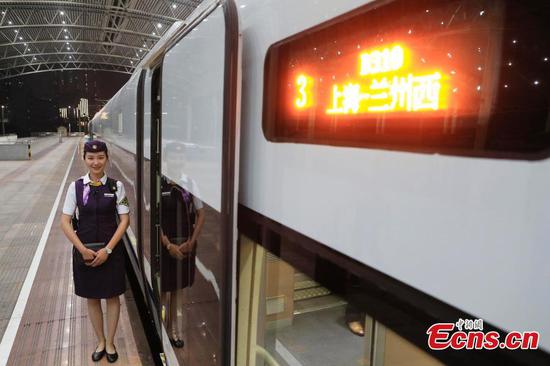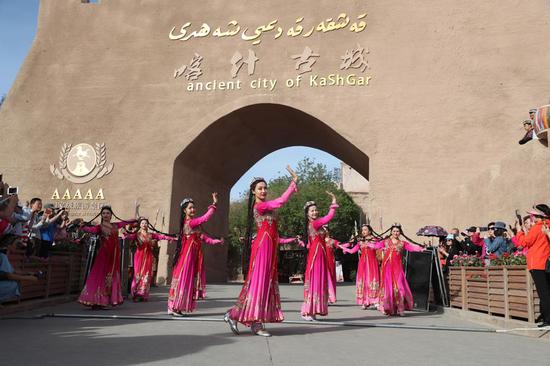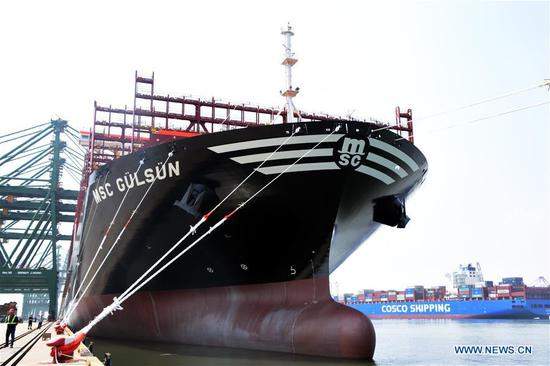Libra heralds a stronger global currency in the future, Zhou Xiaochuan, China's former central bank governor and now president of China Society for Finance and Banking, said Tuesday at a seminar on China's forex management reform and development.
"There probably appears a stronger global currency in the future, which is convertible to the most tradable currencies. It is not necessarily Libra. But it is a trend in recent years that many institutions and people are trying to create a currency more conducive to globalization," Zhou said.
Libra is a new digital currency unveiled by Facebook on June 18. In partnership with 27 other major corporations, firms and non-profits, Facebook has labeled Libra as "a stable global cryptocurrency." The independent Libra Association governs it.
Libra's two improvements
Zhou pointed out that Libra has made at least two improvements compared to its predecessor cryptocurrencies. There would be a reserve of various assets like gold, euros and short-term government bonds behind Libra to ensure that it is not as volatile as traditional cryptocurrencies such as Bitcoin, Ethereum, and Ripple.
Libra is also aimed at cross-border areas, according to Zhou. For some small countries or backward developing countries, Libra is designed for the needs of cross-border transactions, especially immigrants' and quasi-immigrant workers' remittance. However, he stressed that there had been no explanation on how to effectively regulate Libra.
Strong currency dominates
The U.S. dollar is currently the main strong currency in the world. Dollarization has been going on in recent years, and Zimbabwe is a typical example of that phenomenon. It has abolished its own currency and turned to the U.S. dollar and other currencies. Dollarization is also evident in the Middle East.
Zhou said that it is not sure whether Libra will be successful, but it at least came up with the idea that will have an impact. This is not just an impact on the traditional business and payment systems, but its attempt to peg to a basket of currencies suggests a trend toward a global currency in the future, according to Zhou.
Regarding how the RMB should cope with this future trend, Zhou said, "We need to consider the pressure to make sure the RMB is in a favorable position in the entire process of the RMB internationalization."


















































